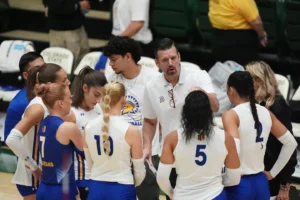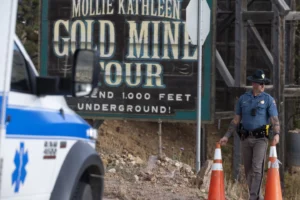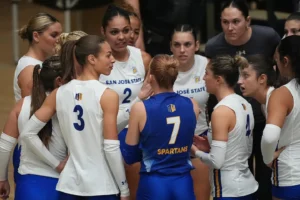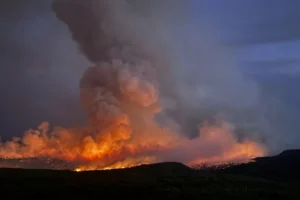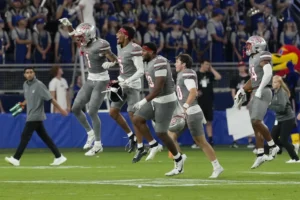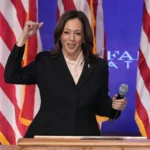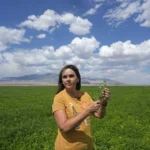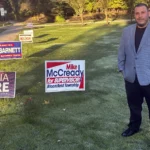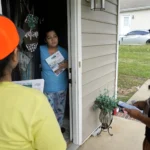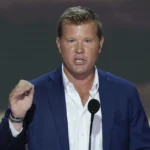Summer 2021 Intern: Madeline Thulin
- Published In: Other News & Features
- Last Updated: Aug 17, 2021

I grew up in the mountains of Grand Teton National Park. I had a wild childhood exploring the natural environment in which I was raised, with the great rock formations of Idaho, the rushing rivers of Wyoming and the rugged mountain ranges of the Rockies as my playground. I spent the summers participating in swim team, bike-riding, hiking, tubing and exploring the national parks. I held lemonade stands with my friends, carefully engineering new recipes, selling specialty ginger lemonade and Neiman Marcus chocolate chip cookies. In the winter, I participated in a unique Girl Scout troop where we learned how to survive and thrive in the rugged and dangerous natural environment surrounding us in Jackson Hole. We climbed mountains, we skied in the backcountry, we winter camped for a week at a time in sub-zero temperatures, we climbed natural rock formations in City of the Rocks and participated in team-bonding experiences. We learned how to be a part of our natural environment.
Eleven years after I left Jackson Hole, nature is still part of me. The still peace and the brutal strength of nature has created an indelible tie with me to Jackson’s natural elements and its people. My perspective has changed, though. At the age of 27, I was diagnosed with the heart condition Atrial Septal Defect Secundum. When a cardiologist told me that I had been born with a large hole in the top left membrane of my heart, I reacted in a logical manner by asking questions. Twenty minutes later, however, my emotions caught up with me and I felt panic, fear and shock. When another cardiologist told me that I had to undergo open heart surgery, I cried. The doctors told me that severe complications such as heart arrhythmia, a need for a pacemaker, or even death could, but most likely would not, occur.
ASD Secundum issues are normally identified and fixed in infancy. The doctors don’t know why my heart defect had never been caught. My active childhood surprised everyone. However, when I reached the age of 18, I suffered an incredible aversion towards exercise. I thought this had to do with my outlook—that I had lost the mental capacity to push myself physically. If I wanted to live, I needed open-heart surgery, scheduled for May 21, 2020. Although I tried to remain sanguine, I was terrified of heart surgery’s pain and severity. It was apparent to me that I needed the surgery, but I feared the pain and the recovery.
That day, my mom drove me to my surgery at Children’s Hospital Colorado where the top ASD secundum surgeon worked. When we arrived, I tested negative for COVID-19 and was admitted for surgery. The last thing I remember before surgery was waiting in a bed as medications were administered via an IV into my arm. I was petrified, but optimistic that the surgery would go well. I wondered how I would feel when I regained consciousness.
When I awoke, I felt pain. So much overwhelming pain. Much more than I had been prepared for. I was surrounded by doctors and nurses. I heard a voice telling me to “lift your left leg.” A pause ensued, then again, “lift your left leg. Lift your left leg.” Through the haze of pain and medication, I forced myself to cry out—”Is it not lifting?” It wasn’t. When I was unable to move my leg, a team of doctors put me into an MRI machine. As the doctors observed the MRI imaging, they identified a stroke occurring as the camera took pictures of my brain. It’s unclear why I suffered a stroke, but the doctors believe the anesthesia caused a migraine when I was unconscious, and they think the migraine caused the stroke, which left my left side partially paralyzed. I could not move my left leg, left arm or left hand. A day later, I regained some motion and could move my shoulder–spastically. A few days later, I relearned how to walk slowly. A week later, I could barely move my left arm and left fingers. I was in intense pain, struggling just to exist. While I was grateful that I had survived the surgery, I knew I had a difficult and painful recovery.
During the summer of 2020, I focused on recovering from heart surgery by walking six miles a day and from the stroke with intensive physical therapy. The physical therapy entailed coordination exercises, strength exercises and precision work for my hand so that I could continue to live independently. I played Bach, I had played the piano for twelve years as a child, on the keyboard twenty minutes daily to recover my finger coordination. Although I was in extreme pain, I remained optimistic that I would recover. Three months after surgery, I was incredibly relieved and proud of my progress. I had recovered full use of my left leg and almost full use of my left arm and hand. My heart was healthy, and I could now walk eight miles daily. I was healthy and ready to finish my last undergraduate semester at the University of Colorado, Boulder.
Recovering from heart surgery and the stroke gave me more insight into others’ trials. The pain and effort I experienced deepened my empathy so that I could better identify with others. The trials that other people experience may be related to physical health issues like those I endured, or they may be struggles of another kind–such as a bad family life, drug dependency or a country which doesn’t value all of those who live there. In Jackson, there are many who are struggling because they don’t have citizenship. I want to give these individuals a voice, tell their story, and enact change through my work with the nonprofit Wyoming Truth in the Jackson area I love.

